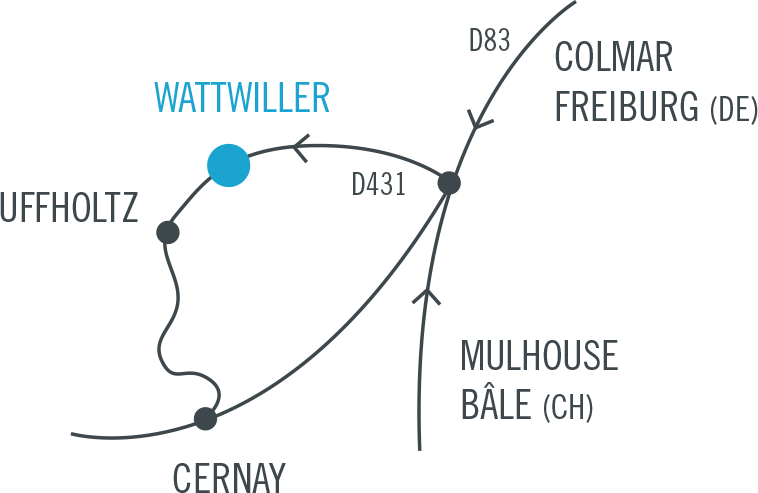The work InventaRios is the restitution of a more global project, FazerViver, combining ceramics, video and publishing, and taking the form of a landscape. The title means both “Inventar Rio” or “Inventing the river to signify the river”, and “InventariarRios” or Inventing the river to inventory a watershed. This project was carried out by the EthnoGraphic collective over a three-year period, focusing on lifestyles in the Sertão, a remote region of Minas Gerais in Brazil. In this region renowned for its rich iron resources, a large-scale road-building project is underway, passing through a tiny village and bringing about changes that are yet to come. The ancient ways of the local people are likely to be altered. At the same time, local residents are concerned about the gradual disappearance of water from the area.
So the collective formed by Letícia Panisset, Ghislain Botto and Émilie Renault travelled with a map along the Capivari basin, asking residents to name the anonymous watercourses on the map while recording an abundant flow of water-related stories. Gradually, a sensitive cartography of the river and its tributaries takes shape, revealing the intimate experiences residents have with their waterways. No fewer than 93 ways of naming water were recorded: “my water”, “such pretty water”, “water that rains” or “water that replenishes my house”. In the course of encounters and individual accounts, a gradual disappearance of watercourses took shape. The installation, articulated between a line of 56 ceramic pots, 56 notebooks illustrating the river and its names, a large wall drawing and a film, forms an original socio-artistic testimony.
